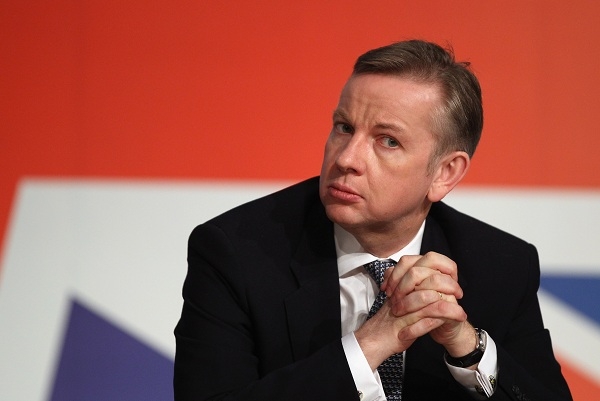The fuss stirred up by the mere suggestion that poetry might be part of the school curriculum was extremely suspicious. Just as George Osborne quietly announced his u-turn on the charities tax during the less soporific sections of Leveson, the proposal that children should have to learn poetry off by heart smacked of a smoke screen.
What evil is lurking in the small print of Gove’s national curriculum? Will school dinners get even smaller? Have all our schools been sold to Google?
But when it comes to poetry, there seem to be two main objections to Gove’s plan. First, though Gove may ostensibly want to give teachers more freedom, this according to the National Union of Teachers is further proof of him tightening control over teachers and reducing their autonomy faced with the needs of individual children.
Secondly, as espoused by Simon Armitage in the Guardian, poetry should be ‘subversive’ and putting it at the heart of the national curriculum might be championing its ‘traditional’ values. Forcing children to learn it at school risks instilling a life-long aversion. On those grounds, perhaps we should drop maths and science too. In a sound riposte in the Independent to Armitage’s claims of the possibility of fermenting class warfare, Howard Jacobson argued: ‘As for the belief that &”a cultural inclination” should decide what you read and commit to memory and what you don’t, it is the very opposite of education: it is social engineering, a wickedly self-defeating egalitarianism whose only consequence is deprivation’.
However sensible the idea that poetry could even inspire and help children express themselves, it almost seems beside the point. Though this may make teacher training colleges shudder to foundations laid in the sixties, the skill of rote learning is fundamental to education as indeed is discipline and, to a certain extent, boredom.
Memory is perhaps one of the most important constituents of intelligence, a large part of which is the ability to make useful links between different things and to be able to draw logical and creative parallels whether one is dealing with numbers, words or ideas. That’s one of the reasons why algebra, Latin and poetry remain essential. But how can one make those crucial connections between things if one can’t even remember those initial points of reference?
Poetry with its rhyme and rhythm — much like rap and pop — is the perfect medium for improving one’s memory. For younger children, it also bridges the gap the government is creating between phonics — a system of learning to read that focuses on the sounds which make up words — and other methods such as recognising words visually or deducing meaning from context.
Poetry recital will improve English among those for whom it is a second language. It will provide the childish satisfaction of getting something demonstratively right or wrong. A sensible selection of poems should be made by the teacher according to the children’s interests and abilities. Gove hasn’t stipulated the reading list; we don’t need to get worked up yet about the prospect of children forced to recite Pound’s more controversial Cantos in jugend-style battalions or obliged to remember long swathes of Aurora Leigh while contemplating a countryside some of them will never have seen.
Whether children want to be taxi drivers or tax lawyers, committing a couple of verses to memory is not asking too much. And we’re actually guilty of underestimating more than just our children. Apparently — although I have no idea how they measured it — even the poor common goldfish actually has a memory span of more than three months.
Fleur Macdonald
Repeat after me…






Comments